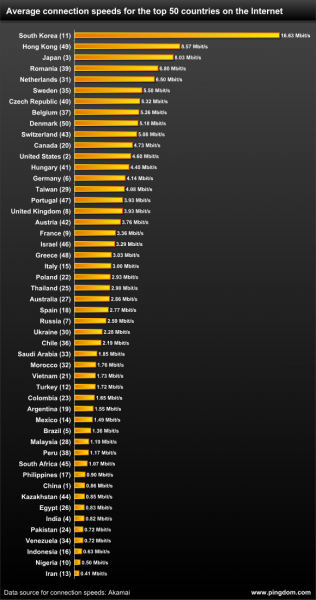The primary idea that I drew from Howard Gardner’s work ‘Minds Viewed Globally: A Personal Introduction’ is something that I have been trying to hone in on, develop and make myself aware of throughout my degree and within my professional, and somewhat my personal life.
This concept I am talking about is future thinking.
In particular when it comes to education, Gardner’s work does touch on some key ideas that I feel should be prevalent and considered in modern education and training. I think the idea of change is particularly relevant when considering how education works, and it shows in the direction that many educators are taking. Without taking into account change, and what it can do, you may find yourself left behind. It is mostly relevant in my mind due to the face that the world is changing every day, and so are technologies, attitudes and ideas.
On a positive note, it seems this change is making its way to lower education institutions, with many primary and high schools adopting technologies and ideas that keep their students studies relevant to the times. One example I can think of is my old school now offering certain classes in 3D printing, purchasing printers and even providing a program whereby the students can build their own fully functional 3D printer.
Without these types of forward thinking, education specifically could become less and less relevant in modern society, as access to this information is so readily available already. Change must be made by all to stay afloat, to stay relevant and to stay a part of the modern society that we currently reside in.
